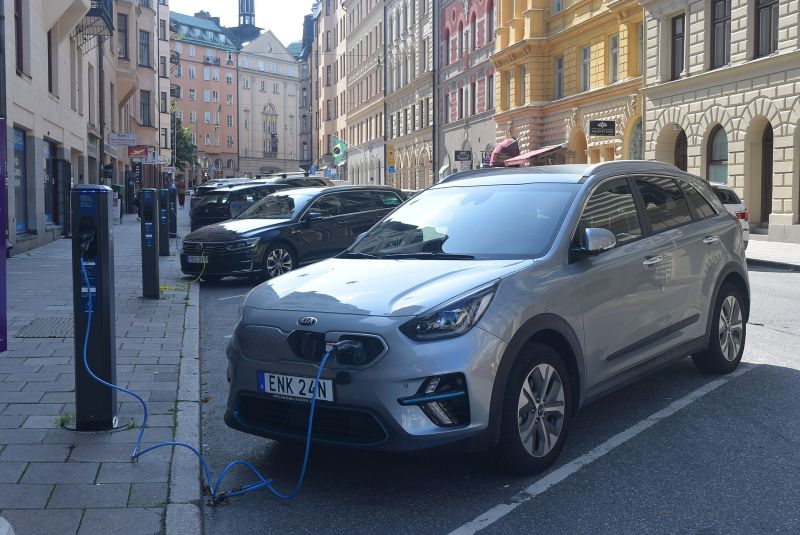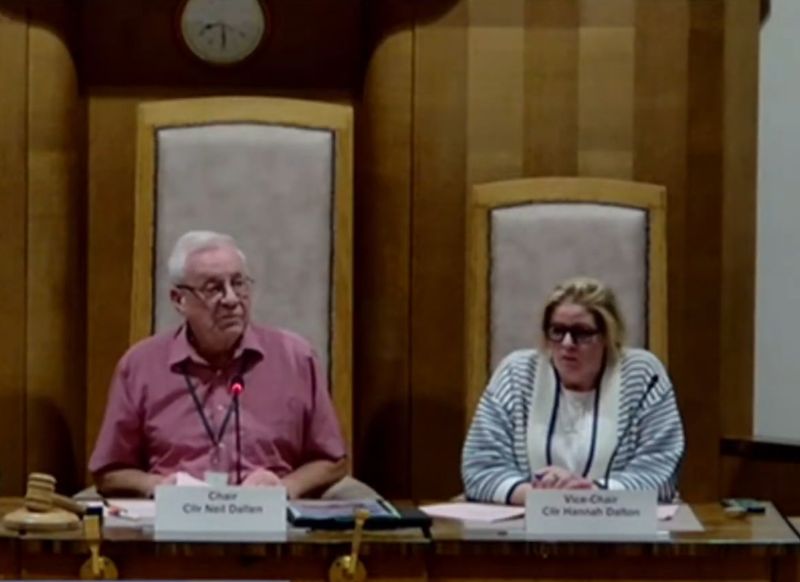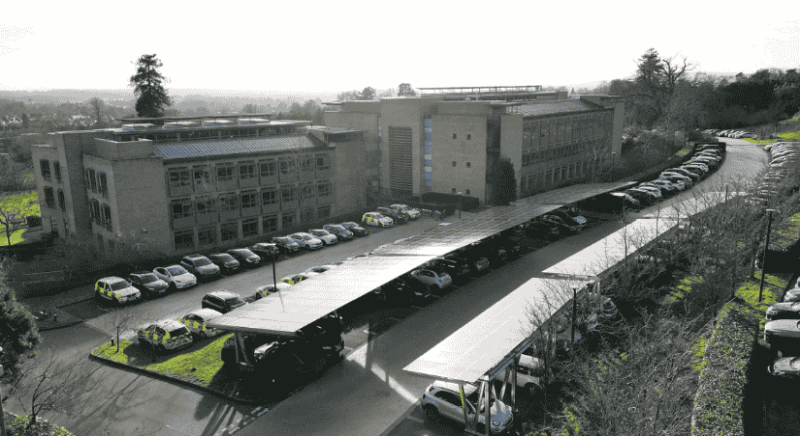Surrey County Council’s Climate Change Progress: Successes, Setbacks, and the Road Ahead
Surrey County Council (SCC) has made notable strides in its efforts to combat climate change, cutting its own carbon emissions by 38% since 2019. However, despite significant progress, challenges remain, particularly in securing funding and maintaining the momentum needed to achieve net zero by 2030 as an organisation and 2050 for the wider county.
Achievements: Measurable Gains in Emissions Reductions
SCC’s third annual Climate Change Delivery Plan assessment highlights a range of accomplishments across various sectors. Since 2019, the county has:
- Reduced its yearly emissions by 1 million tonnes.
- Retrofitted nine council buildings and increased renewable energy capacity by 0.5 megawatts.
- Converted nearly 100% of its streetlights to LEDs, achieving a 75% reduction in emissions from street lighting.
- Upgraded over 3,000 homes to improve energy efficiency.
- Installed 14MW of additional solar power—enough to power 9,000 households.
- Planted 500,000 trees as part of a broader sustainability drive.
- Offered 500 green skills courses to improve employment opportunities in eco-friendly industries.
These efforts have collectively helped residents, businesses, and the public sector save approximately £18 million per year in energy costs.
Challenges: Where Progress Falls Short
Despite these commendable efforts, SCC faces several hurdles that could derail its long-term sustainability plans. Funding constraints, supply chain issues, and the cost of implementing further green initiatives pose serious challenges. The county remains at risk of falling behind on its ambitious targets without additional investment and governmental support.
According to SCC’s Net Zero Progress Report, while the county remains generally on track, six out of its twelve borough and district councils have seen an increase in emissions. Moreover, transport remains a significant contributor to carbon output, with Surrey’s transport-related emissions making up 44% of the county’s total emissions—well above the national average of 29%. The report suggests that while cycling and walking rates have increased, they have not been sufficient to significantly reduce private vehicle use.
SCC’s building decarbonisation efforts also face hurdles, with only eight buildings retrofitted against an anticipated 36 by 2025. Similarly, while 39 low-carbon vehicles have been introduced into the council’s fleet, this falls well short of the 196 needed by 2025. The delay in installing EV charging points across council sites has further slowed fleet decarbonisation.
How Does SCC Compare to the Best in the Country?
One of the standout local authorities in climate action in the UK is Nottingham City Council, which has set a 2028 net-zero target—two years ahead of SCC’s goal. Nottingham has implemented a city-wide district heating system powered by waste incineration, extensive home insulation programmes, and one of the most ambitious municipal renewable energy strategies in the UK. Nottingham has also successfully expanded its cycle network and introduced a fleet of electric buses.
By comparison, Surrey’s efforts in public transport and active travel have been less effective. While SCC has made progress with bus electrification (with 16 ultra-low-emission vehicles introduced so far), it still lags behind other councils in deploying public transport solutions at scale. The lack of effective incentives to transition away from car dependency further limits its impact.
The Road Ahead: Priorities for SCC
SCC has outlined several key priorities for the next phase of its climate strategy:
- Expanding Renewable Energy: Increasing rooftop solar on council buildings and exploring carbon offsetting options where direct emissions reductions are challenging.
- Improving Home Energy Efficiency: Expanding the Warm Welcome initiative and continuing the Solar Together programme to help residents transition to renewable energy.
- Decarbonising Public Transport: Expanding electric vehicle charging infrastructure and investing in cleaner public transport solutions.
- Boosting Green Skills and Jobs: Strengthening partnerships with institutions like the University of Surrey to create more opportunities in the green economy.
- Protecting Nature and Climate Adaptation: Implementing flood resilience measures, developing biodiversity recovery plans, and ensuring green spaces are protected.
- Securing National Government Support: Lobbying for greater investment in local sustainability projects and improvements to infrastructure.
Surrey County Council has made strong initial progress in reducing emissions and implementing sustainability initiatives, but serious risks remain. Without significant additional funding and structural improvements—especially in transport, building efficiency, and energy production—there is a real possibility that SCC may fall short of its ambitious targets.
Ultimately, SCC’s ability to meet its targets will depend on whether it can maintain momentum in its existing initiatives while addressing the gaps that still threaten its long-term vision of a net-zero Surrey.
Related reports:















